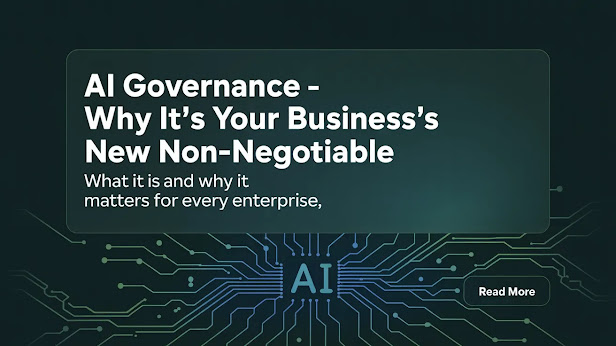Scalable AI Tools for SEO: A Quick Guide for 2024
As the digital landscape continues to evolve, leveraging scalable AI tools for SEO is becoming increasingly crucial for businesses looking to enhance their online visibility and drive more organic traffic. AI technologies are transforming traditional SEO strategies, offering new ways to optimize websites, improve content, and understand user behavior with unprecedented precision. This guide will delve into the most effective scalable AI tools for SEO, providing insights on how to utilize them for competitive advantage in 2024.
Understanding Scalable AI Tools in SEO
What Are Scalable AI Tools?
Scalable AI tools in SEO are systems and software that can handle increasing amounts of work or can be enlarged to accommodate that growth. They use artificial intelligence to automate tasks, provide insights, and enhance decision-making, all while adjusting to the size and scope of a business’s needs.
The Importance of Scalability in SEO
SEO strategies must be adaptable to changes in search engine algorithms, shifts in user behavior, and the growing amount of data. Scalable AI tools can efficiently manage these dynamics, making it easier for businesses to maintain and improve their SEO performance as they grow.
Introducing SFWPExperts integrates cutting-edge AI technology into our website design service, empowering businesses with smart, scalable solutions for enhanced digital presence. Our expert team leverages AI to optimize web performance, improve user experience, and boost search engine rankings, ensuring your business stays ahead in the competitive digital landscape.
Top Scalable AI Tools for SEO in 2024
1. AI-Powered Keyword Research Tools
- SEMRush: Offers comprehensive keyword research, tracking, and SEO audit features.
- Ahrefs: Utilizes AI to provide keyword suggestions, SERP analysis, and competitive insights.
2. Content Optimization Tools
- Clearscope: Uses natural language processing to help writers create content that's optimized for both users and search engines.
- MarketMuse: Applies machine learning to analyze content and suggest improvements for better topic coverage and keyword usage.
3. SEO Automation Platforms
- BrightEdge Autopilot: Utilizes AI to automatically optimize website content and structure for search engines in real-time.
- Moz Pro: Features AI-driven site audits, rank tracking, and backlink analysis tools that scale with your SEO needs.
4. User Experience and Behavior Analysis Tools
- PaveAI: Turns Google Analytics data into actionable insights using AI.
- Hotjar: Combines heatmaps, session recordings, and surveys, using AI to provide deeper insights into user behavior.
5. Link Building and Management Tools
- LinkAssistant: AI-enhanced tool that helps manage link building campaigns, including monitoring and outreach.
- BuzzStream: Automates the outreach process with AI-powered research tools to find and engage potential link-building partners.
Integrating AI Tools into Your SEO Strategy
Setting Up for Success
- Define Your Goals: Understand what you want to achieve with your SEO efforts and how AI can support those goals.
- Choose the Right Tools: Select AI tools that align with your objectives and can scale with your business growth.
Streamlining SEO Processes with AI
- Automate Routine Tasks: Use AI to handle time-consuming tasks such as keyword research, SEO audits, and backlink analysis.
- Enhance Content Strategy: Leverage AI for content creation, optimization, and planning. AI can identify content gaps and suggest topics that are likely to perform well.
Leveraging AI for Advanced Analytics
- Predictive Analytics: Use AI to forecast future trends and user behaviors, allowing you to adapt your SEO strategy proactively.
- Custom Reports and Dashboards: Create AI-driven custom reports that focus on key metrics, helping you make data-informed decisions.
Read More: Scalable AI Tools for SEO: A Quick Guide for 2024
Visit Site: Web Design Los Angeles California Agency
Read More Articles:
- What Is Progressive Web Apps?
- What Is Google E-E-A-T & How To Demonstrate It For SEO
- Complete Guide To Mobile Responsive Design: How To Build A Mobile Website
- Benefits of Generative AI Tools for SEO
- Top 10 Web Development Frameworks to Use in 2024
- Why is it important to improve mobile responsiveness?

%20has%20emerged%20as%20a%20transformative%20force%20in%20various%20industries,%20and%20web%20development%20is%20no%20exception.%20With%20its%20ability%20to%20streamline%20processes,%20enhance%20user%20experiences,%20and%20automate%20co.png)


Comments
Post a Comment